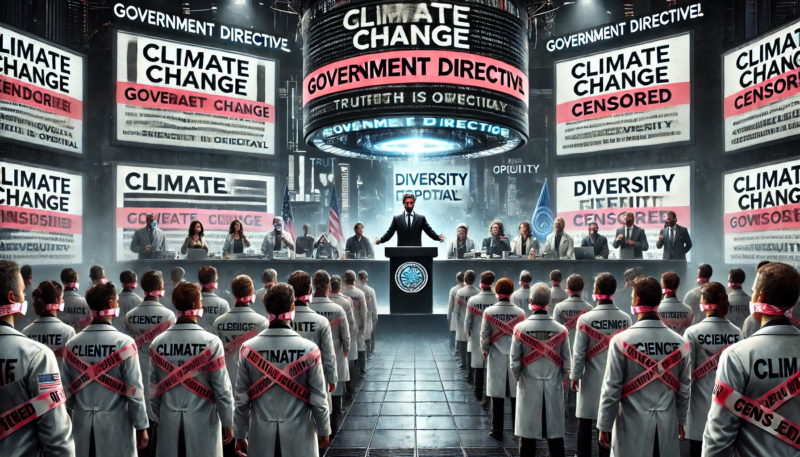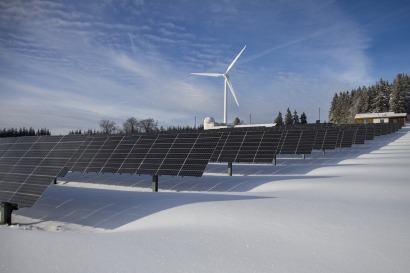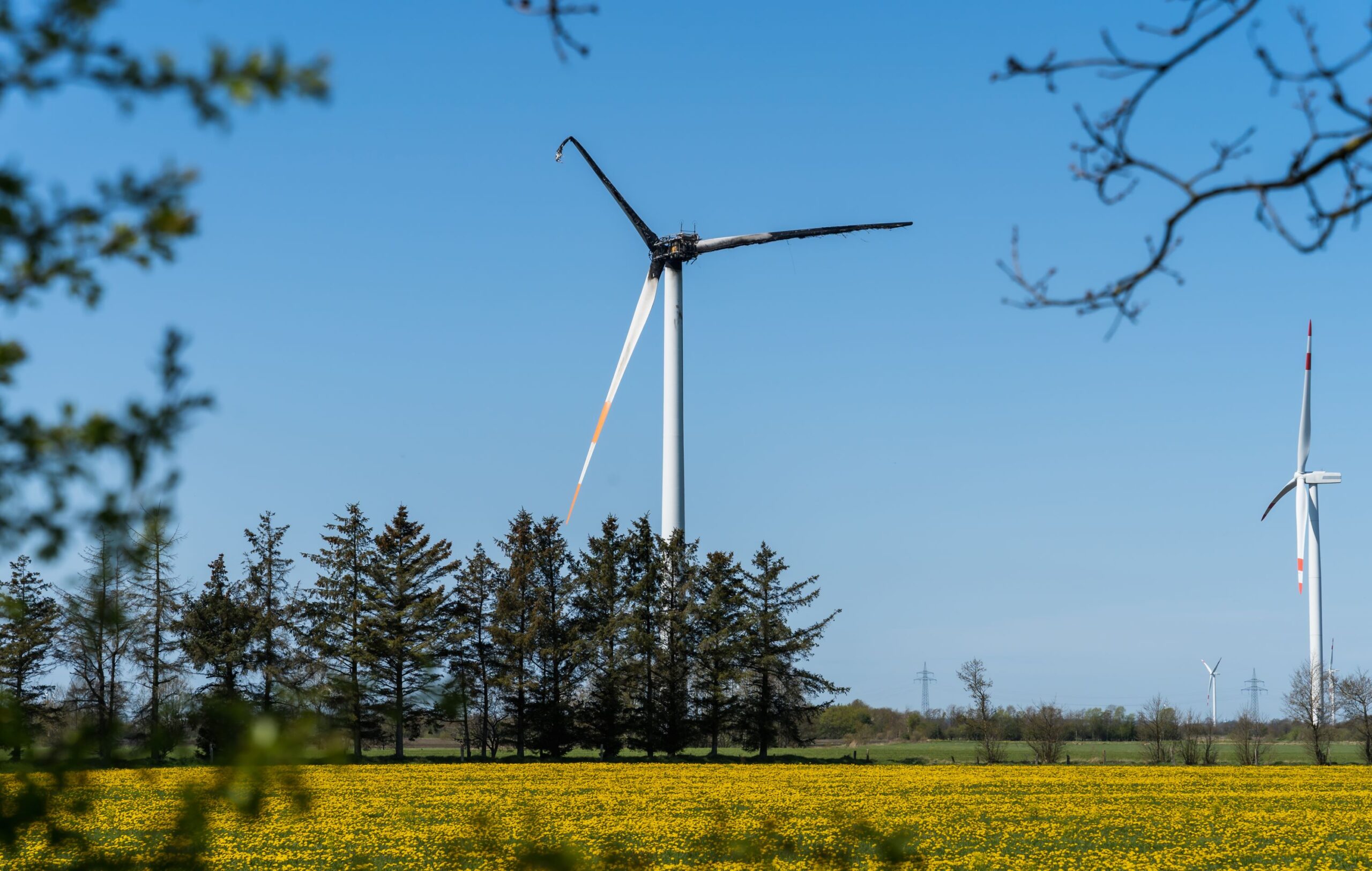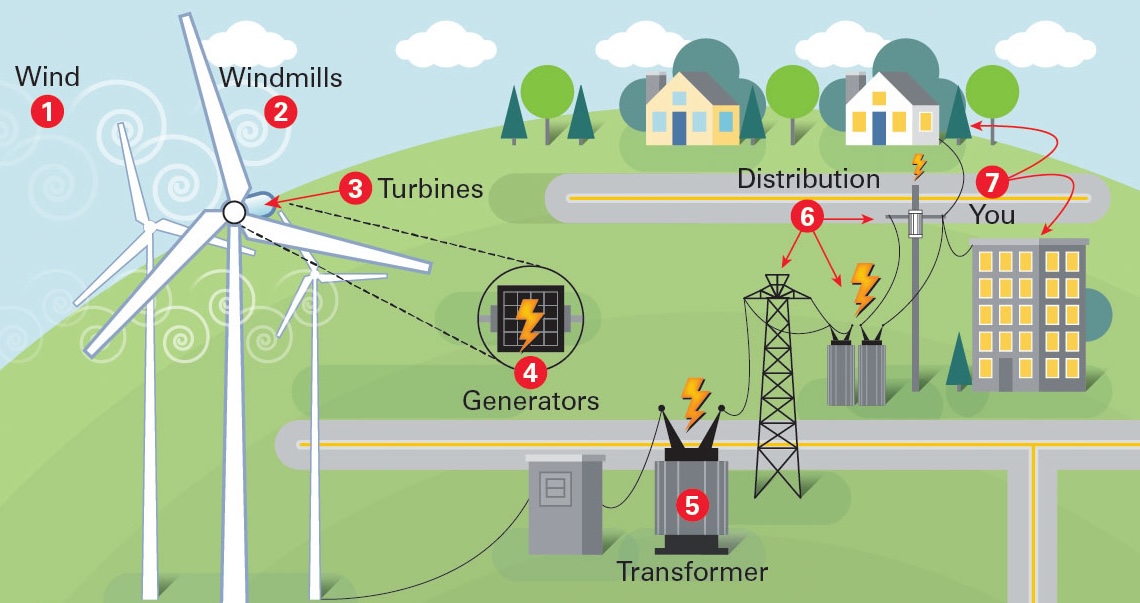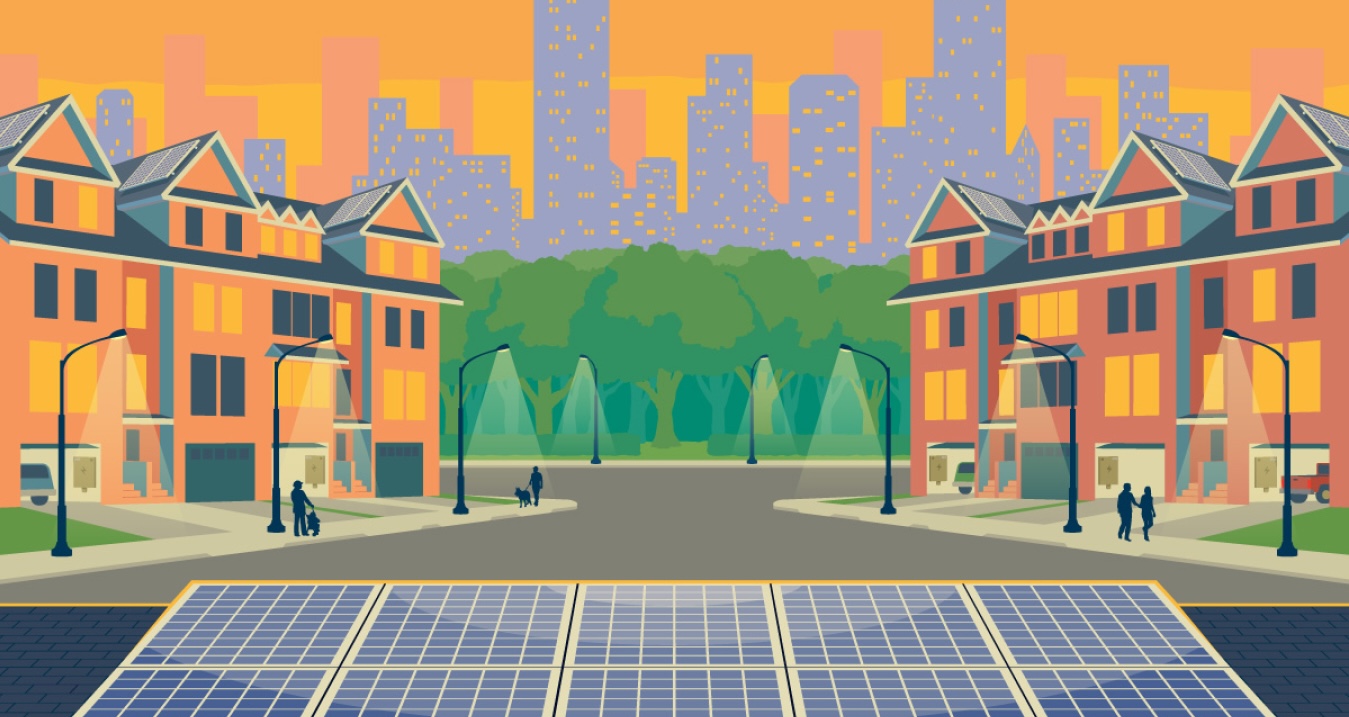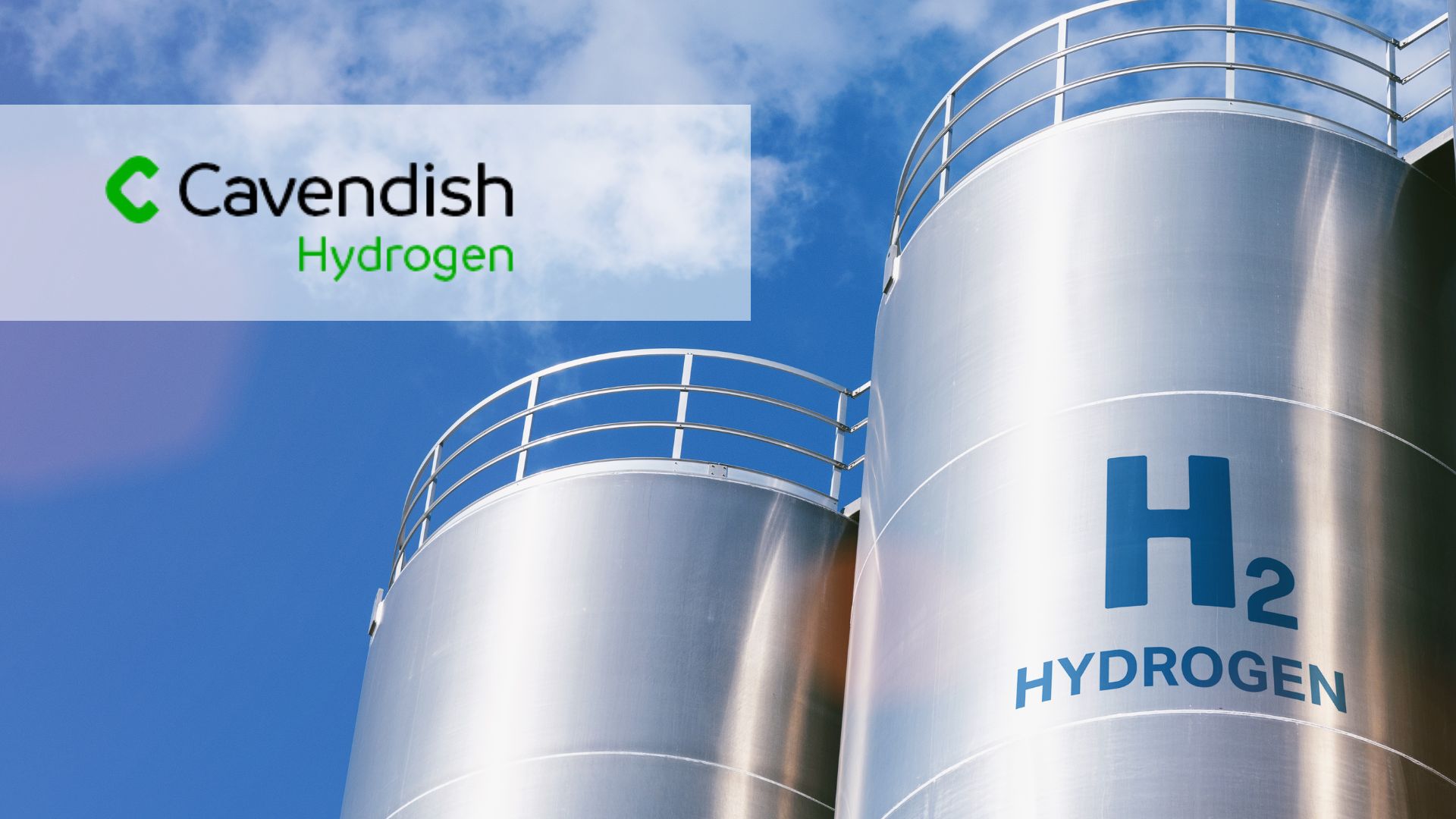3 Industries That Need to Step Up Their Sustainability Initiatives in 2025
World temperatures are rising as a result of human activity. It is posing serious threats to people as well as…

World temperatures are rising as a result of human activity. It is posing serious threats to people as well as nature. Things are likely to worsen in the next few decades if this continues. It’s high time businesses step up and take responsibility.
Why does this matter? Because the choices industries make today will shape the world we live in tomorrow.
While major industries like aviation, steel and cement, textiles, and construction are already making impressive strides, others need a serious nudge to pick up the pace.
So, which are the industries that need to step up their sustainability initiatives this year? Read on to learn about them.
#1 The Streaming Entertainment Industry
Wait, what? Streaming your favorite shows can’t be bad for the environment, right? Wrong.
Watching one hour of content on Netflix produces around 55 grams of CO2 equivalent emissions. That is equivalent to microwaving four bags of popcorn or boiling water in your kettle three times.
And the culprit? Data centers, content delivery networks, and your devices. Streaming requires massive amounts of energy to store, process, and deliver content globally. Not surprisingly, most data centers still rely on non-renewable energy sources.
The issue is only growing as demand for high-definition and 4K streaming rises—higher resolutions mean more data, which means more energy consumption.
The Solution:
Streaming platforms should transition their data centers to renewable energy sources, like wind and solar. Amazon, Google, and Microsoft are already buying electricity generated by wind and solar. Now it’s time for streaming giants to follow suit.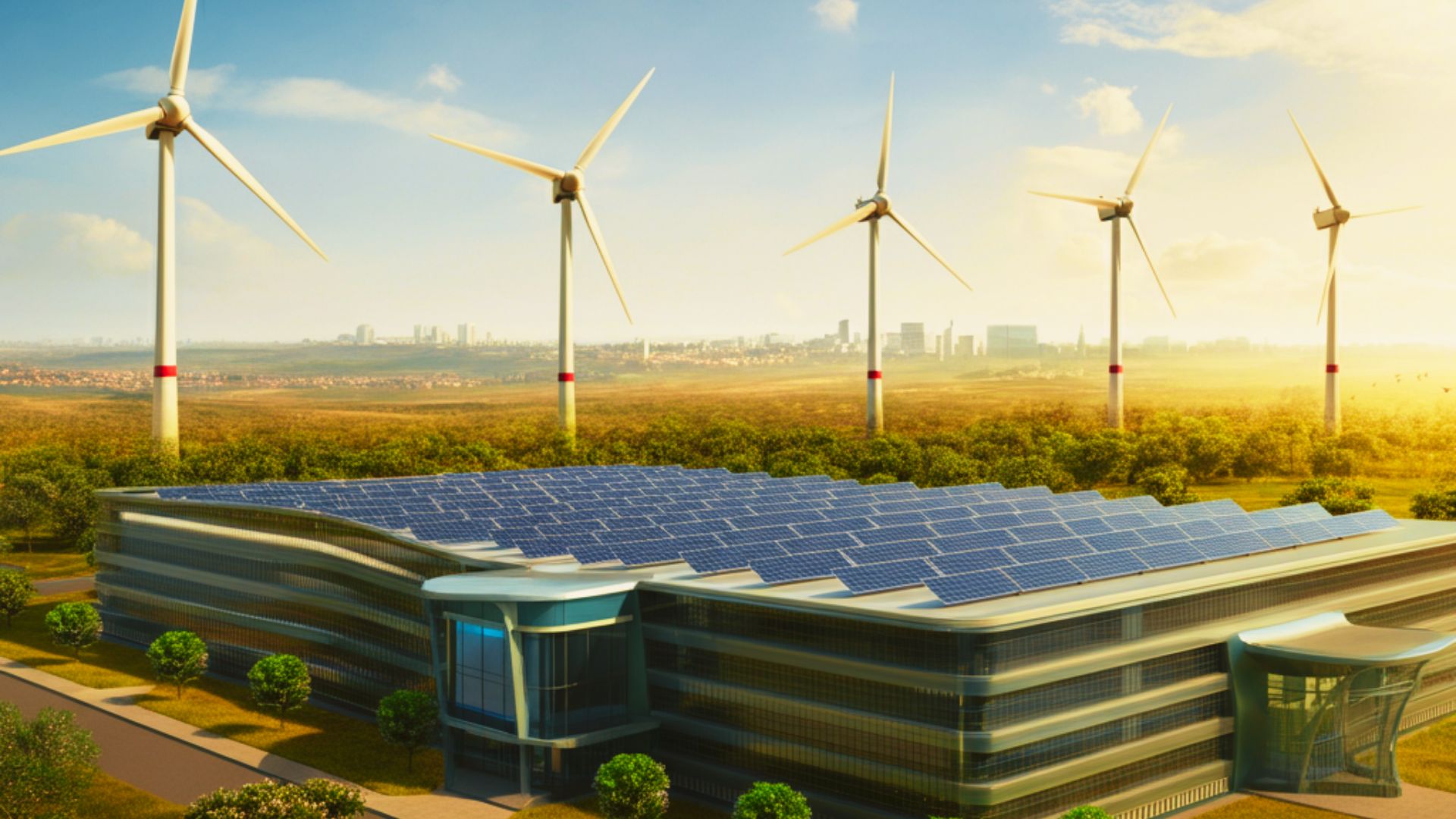
Platforms can optimize streaming technology. Adaptive bitrate streaming, which modifies video quality according to internet speed, can significantly reduce data usage and emissions without compromising user experience.
#2 Food and Beverage Industry
Environmental sustainability is a significant concern for the food and beverage industry, says ResearchGate. The industry contributes to deforestation, water scarcity, and greenhouse gas emissions.
A staggering amount of food—roughly one-fifth—ends up as waste every year. Roughly 3 billion people can feed on that. Further, research has shown that food waste uses up about 21% of landfill volume.
Single-use plastics worsen the problem. These plastics, often used for convenience, take hundreds of years to degrade and leach harmful chemicals into ecosystems. Quite shockingly, the food and beverage industry is a major contributor to plastic pollution. It accounts for about 31.14% of plastic pollution.
The Solution:
To combat food waste, partnerships with food banks and clearer expiration labeling can help make sure that edible food doesn’t end up in landfills.
On the packaging front, businesses must phase out single-use plastics. Last year, Upper Merion, Pennsylvania, banned restaurants from using single-use plastics such as forks and spoons.
Plastic waste that cannot be eliminated must be recycled. According to Corridor Recycling, recycled plastic can be used to make plastic strapping for shipping, new plastic bottles, and more.
Many states in the U.S. have already passed laws that require businesses to recycle plastics.
Long Beach, a City in California, is a case in point. The city’s municipal code requires all businesses to have recycling services. Thus, there is no dearth of recycling centers in the city.
Businesses can contact a local recycling center in Long Beach to comply and take meaningful action against waste.
#3 Cloud Computing Industry
Don’t let the name fool you. The cloud computing industry emits more greenhouse gas emissions than the commercial airline industry. Yearly, it surpasses emissions of more than 22.2 million flights.
Cloud computing relies on sprawling data centers that consume enormous amounts of electricity and water for cooling systems. As more and more businesses shift their operations online, the demand for cloud services is skyrocketing. And so is their environmental impact.
The Solution:
Of course, transitioning data centers to run entirely on renewable energy can make a significant impact. The two biggest data center companies—Google and Microsoft—have made strides in this area. More widespread adoption is needed, however.
Data centers must also prioritize energy efficiency. They must reduce electricity use by implementing advanced cooling systems, such as liquid cooling or leveraging AI to optimize energy consumption.
Equally important is water conservation. Data centers should invest in closed-loop cooling systems to recycle water and minimize waste.
One way data centers can conserve water is by reusing it. TechTarget advises setting up a rainwater harvesting system and gray water to avoid wasting water.
In a nutshell, 2025 is the year for these industries to level up their sustainability initiatives.
The technology and knowledge exist—now it’s up to these industries to embrace them and lead the way toward a more sustainable future. Those who act decisively today will help shape the environmental standards of tomorrow.
What's Your Reaction?












